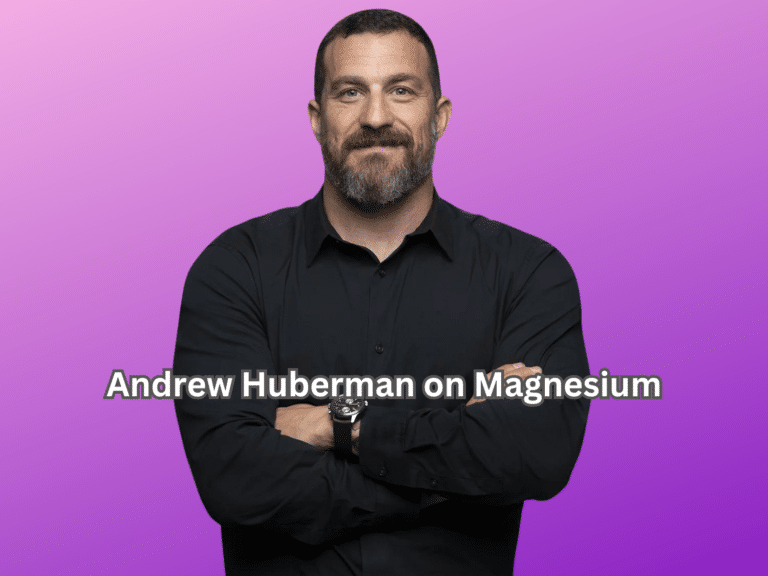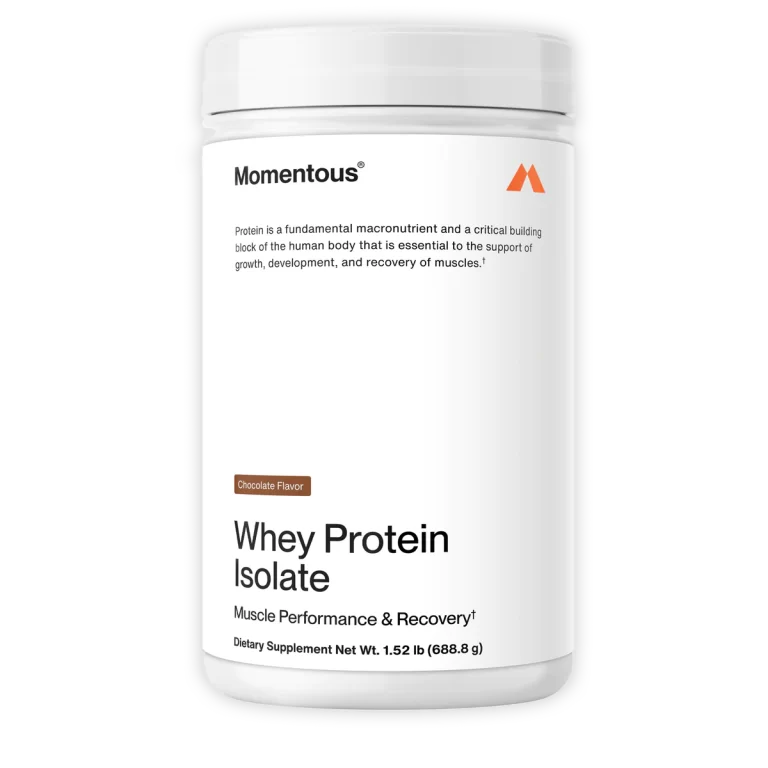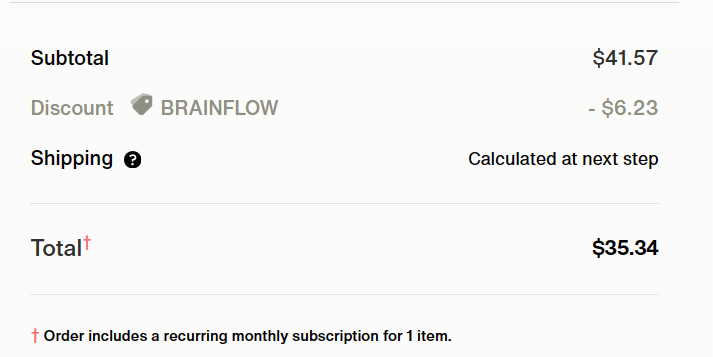Regarding wellness and biohacking, few names hold weight like Andrew Huberman. As a neuroscientist and professor at Stanford University, Dr. Huberman has aroused widespread interest with his deep dives into how we can optimize our health and performance. Recently, he has cast the spotlight on Tongkat Ali supplements.
Tongkat Ali, an herbal supplement derived from Southeast Asian plants, has recently made headlines due to its potential benefits in energy levels, stress relief, and hormone balance. After Huberman highlighted its uses, I was amazed at its rapid rise in popularity. Let’s investigate why Tongkat Ali is garnering so much interest and how this could become part of your daily supplement routine.
Key Takeaways
- Huberman takes 400mg of Tongkat Ali in the morning due to its slight stimulant effect. His bloodwork suggests it caused an increase in free testosterone.
- Tongkat Ali is praised for its numerous health benefits, including boosting energy levels, promoting hormonal balance, reducing stress, and aiding muscle strength and body composition. Its adaptogenic properties also enhance the body’s stress resilience.
- Following Andrew Huberman’s advice, it’s crucial to start with a lower dosage of Tongkat Ali and gradually increase it to find the optimal level. Huberman does not cycle Tongkat Ali.
Introduction to Tongkat Ali
As soon as I learned of Tongkat Ali, an herbal remedy from Southeast Asia known as Eurycoma Longifolia, my interest was immediately aroused. Recently turning 40 and finding that my daily grind was leaving me depleted, finding natural ways to maintain vitality was becoming increasingly essential for me.
Diving into the specifics of Andrew Huberman’s Tongkat Ali dosage and usage recommendations, it’s clear that his approach is both scientific and thoughtful, emphasizing consistency and gradually building up your dose to maximize benefits while mitigating side effects. In a Huberman Lab podcast episode with Dr. Kyle Gillett, he states he takes 400mg of Tongkat Ali per day and doesn’t cycle it. According to Kyle Gillett, Tongkat helps with the conversion of multiple key steps where you synthesize testosterone.
Huberman has been taking Tongkat Ali for years saying, “I take 400mg of Tongkat Ali per day. I take it early in the day because it has a bit of a stimulant effect… I’ve been taking it for years and rather like the effects. It seems subtle, yet consistent.. I’ve never cycled it.” Huberman then goes on to ask Dr. Gillett if he recommends cycling it, to which he replies he doesn’t recommend it. Kyle Gillett is a board-certified endocrinologist, so I’m going to go with his advice.
RELATED READING: Andrew Huberman’s Complete Daily Supplement List
Benefits of Tongkat Ali
When I first heard of Tongkat Ali, I was impressed with its potential ability to increase testosterone; a claim often made by supplements that never rings true. But with Tongkat Ali, I was intrigued. Its broad spectrum of advantages ties directly into why it’s received such esteemed recommendations. Let me take you through the key benefits that have not only caught my attention but have also led to widespread acclaim.
First and foremost, Tongkat Ali is renowned for its energy-boosting properties. In a world where fatigue seems almost ubiquitous, finding a natural aid that can elevate one’s energy levels without the harsh side effects of synthetic stimulants is invaluable. Huberman’s insight into its efficacy is backed by research and personal observations, pointing to its significant impact on vitality.
Moreover, increasing testosterone and boosting male fertility is another area where Tongkat Ali shines. It’s especially beneficial for those experiencing the effects of hormonal fluctuations, whether due to aging, stress, or other factors. Tongkat Ali’s ability to increase testosterone in men with low levels of this primary sex hormone is well documented. A groundbreaking 1-month study in 76 older men with low testosterone found that taking 200 mg of tongkat ali extract per day significantly increased levels of testosterone to normal values in over 90% of participants.
What’s even more fascinating is how this natural supplement can aid in managing cortisol levels, thus reducing stress. This aspect aligns with Andrew Huberman’s emphasis on the importance of managing stress for overall well-being. A study done in 1999 first identified the possible role of this Tongkat in treating mood issues, finding that Tongkat Ali extract was comparable to a common anti-anxiety medication in reducing symptoms of anxiety in mice. Since then, similar effects have been seen in humans, with users reporting significantly less stress, anger, and tension after taking Tongkat Ali.
Furthermore, its impact on muscle strength and body composition has also been noted. A small, 5-week study found that 14 men participating in a strength training program and taking 100 mg of Tongkat Ali per day experienced significantly greater increases in lean body mass than those taking a placebo. For those of us echoing the quest for a fitter physique and improved physical performance, Tongkat Ali offers a promising avenue. By enhancing testosterone levels naturally, it supports muscle growth and recovery, thus amplifying the results of our workout efforts without having to hop on TRT.
Tongkat Ali’s appeal is bolstered by its adaptogenic properties, aiding the body’s resilience against various stresses. It’s this comprehensive impact on health – from energy to stress relief, hormonal balance, and physical fitness – that underscores its value in my daily routine and why it’s garnered such notable recommendations.
RELATED READING: Andrew Huberman’s Protocol to Increase NAD Levels
Incorporating Tongkat Ali into Your Routine
Following Andrew Huberman’s insights, I’ve found integrating Tongkat Ali into my daily regimen to be both fascinating and beneficial. To start with, following Andrew Huberman’s Tongkat Ali dosage recommendation, I began with a lower dosage around 200 mg. It’s essential, as jumping straight into higher doses can lead to unwanted side effects. Gradually increasing the dosage allowed my body to adapt seamlessly and helped me identify the optimal level that provided the benefits without any issues.
While some have suggested cycling Tongkat Ali—taking it for a certain period, then taking a break—Huberman does not cycle Tongkat Ali. This was backed up by Dr. Kyle Gillett as well, who did not deem cycling necessary.
Incorporating Tongkat Ali into my routine also involved a broader lifestyle consideration. A balanced diet, regular exercise, and adequate sleep are cornerstone habits that I believe amplify the effects of Tongkat Ali. It’s not just about taking a supplement; it’s about fostering an environment where its benefits can be maximized.
Lastly, it’s vital to listen to your body throughout the process. Adjusting the dosage or cycle based on how you feel can lead to more personalized and effective use of Tongkat Ali. Everyone’s physiology is different, so what works for me might not work for you to the same extent. However, by starting low and going slow, as per Andrew Huberman’s recommendation, you’re more likely to find that sweet spot that suits your physiological needs without overstepping.
When it comes to picking a brand, I went with Andrew Huberman’s Tongkat Ali brand recommendation, which is Momentous Tongkat Ali. Momentous supplements are third-party tested and of the highest quality and are endorsed by Huberman himself on his podcast. You can use our code ‘brainflow’ at checkout for 15% off.
Final Thoughts
Embracing Andrew Huberman’s advice on Tongkat Ali has been a game-changer for me. Starting low and going slow with the dosage allowed me to fine-tune my intake for the best results. Adding Tongkat Ali to my routine, coupled with a focus on diet, exercise, and sleep, has amplified its benefits, making it a valuable addition to my wellness routine.
Listening to my body for cues on adjustments has been crucial in personalizing this experience. Following these guidelines not only maximized the supplement’s effectiveness but also ensured a sustainable and health-conscious approach to its use.






